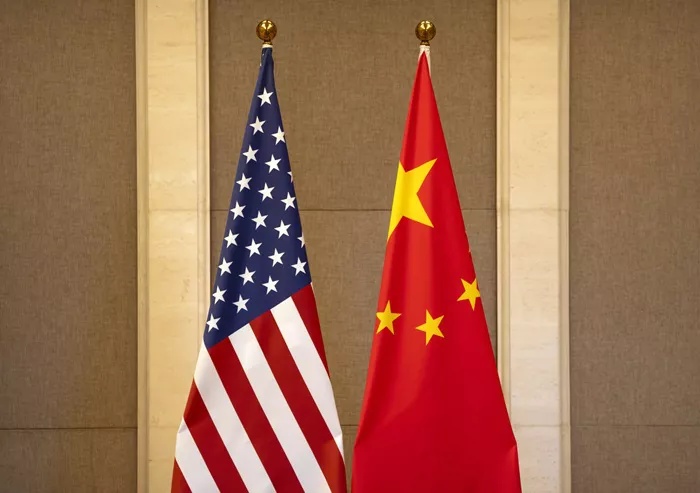A potential wave of foreign exchange (FX) inflows amounting to $1 trillion could surge into China if the U.S. Federal Reserve initiates interest rate cuts, according to a warning from renowned economist and market strategist Stephen Jen. The forecasted “FX avalanche” has sparked discussion among investors and analysts about the future impact on global financial markets and China’s economic trajectory.
Analyst Predicts Massive FX Inflow
Stephen Jen, CEO of Eurizon SLJ Capital, has projected that if the Federal Reserve reduces interest rates, it could unleash a flood of foreign capital into China. This influx would be driven by investors seeking higher returns in emerging markets, with China positioned as a prime destination due to its relatively higher interest rates and economic recovery prospects. Jen’s remarks have drawn attention to the potential for significant FX shifts that could reshape global capital flows.
Federal Reserve Cuts: The Catalyst for Capital Movements
The potential for interest rate cuts by the Federal Reserve is seen as a key factor in driving FX inflows into China. If the Fed pivots away from its current tightening cycle and moves toward a more accommodative monetary policy, the resulting lower yields on U.S. assets could prompt investors to seek out more attractive opportunities abroad. Emerging markets like China, which offer relatively higher yields, are likely to benefit from this shift.
China’s Economic Recovery Makes It a Prime Target
China’s economic outlook has improved in recent months, positioning the country as a potential magnet for foreign capital. After a period of sluggish growth and pandemic-related disruptions, the world’s second-largest economy is showing signs of recovery, driven by government stimulus measures and a reopening of key industries. This rebound, combined with China’s higher interest rates compared to many Western economies, makes it an attractive destination for global investors looking to diversify their portfolios.
FX Inflows Could Strengthen the Yuan
Jen’s analysis also suggests that a surge in foreign exchange inflows could bolster the Chinese yuan, potentially leading to currency appreciation. A stronger yuan could have wide-ranging implications for China’s trade balance, as well as for multinational companies doing business in the region. However, the extent of the currency’s rise will depend on the scale of the inflows and how Chinese authorities manage the situation.
Global Financial Markets Brace for Impact
The possibility of a $1 trillion FX inflow into China has raised questions about how global financial markets will adjust. Significant capital shifts could lead to volatility in exchange rates, asset prices, and investment flows. Emerging markets outside China may also experience capital outflows as investors reallocate funds to take advantage of China’s more favorable economic conditions, potentially leading to financial instability in those regions.
Concerns About Excessive Liquidity
While the inflows could benefit China’s financial system and bolster its economy, there are concerns about the risks associated with excessive liquidity. A rapid influx of foreign capital could lead to asset bubbles in China’s financial markets, particularly in real estate and equities. Chinese regulators may need to implement measures to manage these risks and prevent overheating in key sectors of the economy.
Conclusion
As the Federal Reserve contemplates its next policy moves, the potential for significant FX inflows into China looms large. Analyst Stephen Jen’s prediction of a $1 trillion “FX avalanche” highlights the interconnected nature of global financial markets and the possible consequences of monetary policy decisions. Investors around the world will be closely monitoring developments, as any major shift in capital flows could have lasting implications for both China and the broader global economy.
Related Topics:

